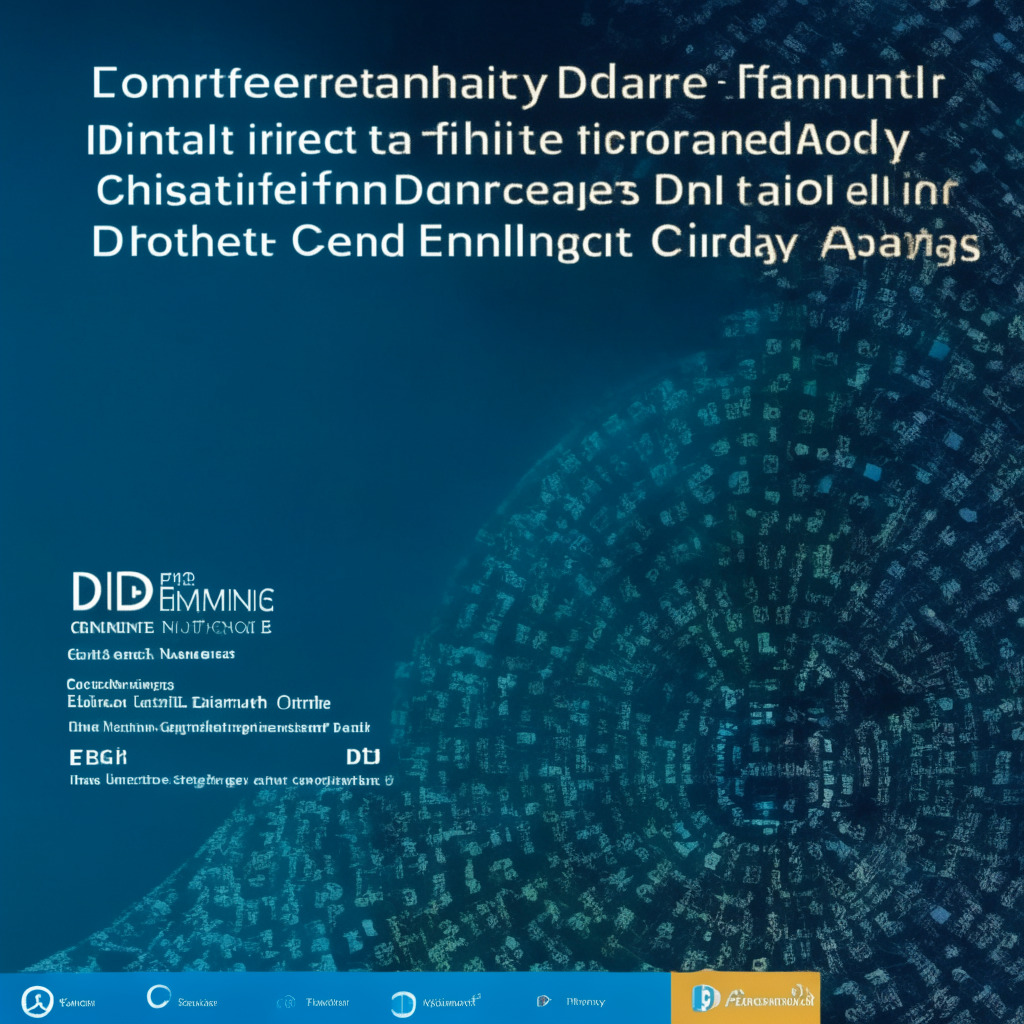Pressure pads are intensifying for U.S. Securities and Exchange Commission (SEC) chair Gary Gensler as three committee chairs in United States House of Representatives have fired off a demanding letter, seeking more detailed answers to their initial November 1 inquiry. The grand trio – Judiciary Committee chair Jim Jordan, Oversight Committee chair James Comer and Financial Services Committee chair Patrick McHenry – have specifically asked for a certification that the SEC aligns with federal recordkeeping and transparency rules and that Gensler and his subordinates have abstained from conducting official business via private email accounts.
Their concerns arose in response to critics berating the SEC and other agencies for substandard recordkeeping. This formal request, however, stems beyond mere paperwork as it subtly investigates the agency’s usage of “off-channel communications”, putting under the microscope Gensler’s publicly accessible meeting schedules from 2021 which, somewhat intriguingly, involve Crypto.
The waters around regulatory adherence soon heated further when the Blockchain Association put forth an argument paper questioning whether Gensler should exempt himself from digital asset enforcement decisions. The paper hammers down the SEC for its alleged withdrawal from its original role as a rule-making body, leaving significant matters – such as the question of qualifying digital assets as ‘security’ – hanging in the air. Reports suggest that Gensler has taken a stance that all digital assets outside of Bitcoin (BTC) are unregistered securities. This viewpoint, if confirmed true, could stir a widespread debate, challenging the principles of due process which demand agency decision makers to act without bias, while avoiding even an impression of prejudice.
Meanwhile, asset management giant Fidelity Investments has renewed its bid for a spot Bitcoin exchange-traded fund (ETF), following the fallout after its first application was denied. In the face of repeated rejections and extended deliberations, Fidelity has widely commented on exposing U.S. investors to substantial risk due to the lack of a spot Bitcoin ETP. The company’s concerns are regarding investors being forced to search for alternative, riskier exposure methods due to the current gap in the market. However, without a green signal from the SEC, any progress on this front remains in limbo, further stirring the pot in the ongoing regulatory clash.
The eye of the cyclone seems fixed on Gary Gensler and the U.S. SEC, as regulatory demands and cryptocurrency interests collide in a high-stakes game of chess. With every move being scrutinized and questioned, navigating these regulatory tides is proving a tricky manoeuvre.
Source: Cointelegraph




